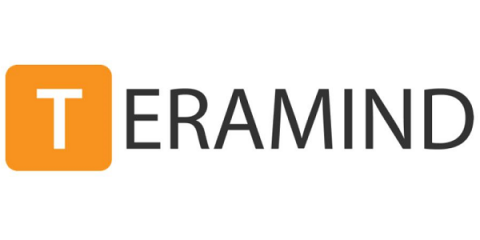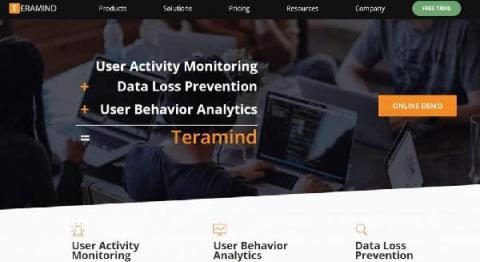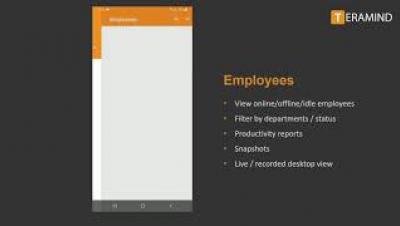How Working Remote May Have Helped Twitter's Hackers
The takeover of high profile Twitter profiles last month on July 15 made headlines when public figures like former President Barack Obama, Jeff Bezos, and Elon Musk began announcing that they wanted to “give back” to the community. But instead of making a donation to a COVID-related charity or something similar, they were promising that if people would send them Bitcoin, then they would return twice as much as they were given.






